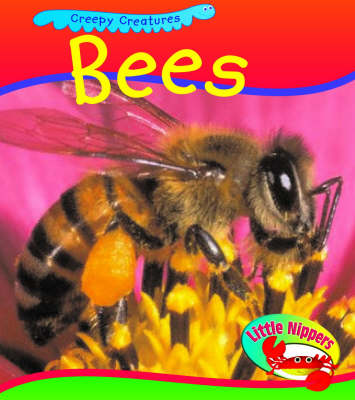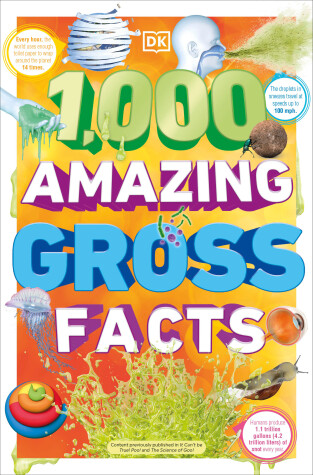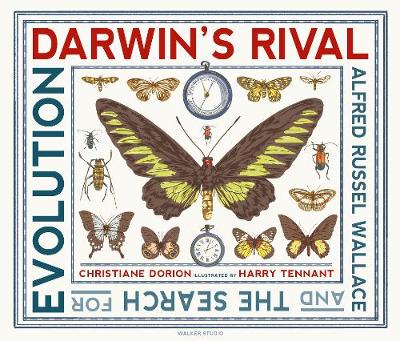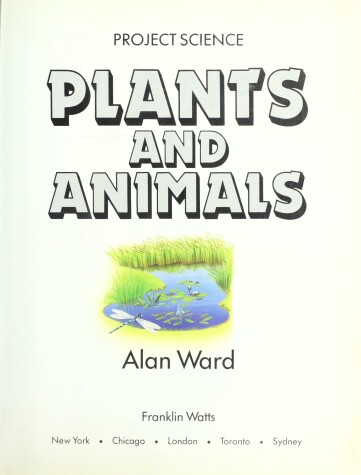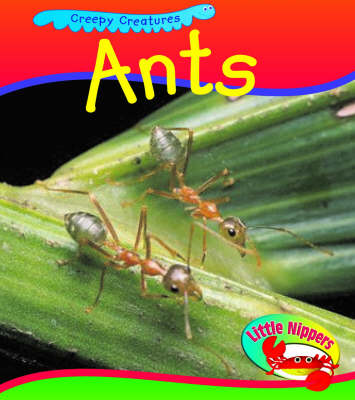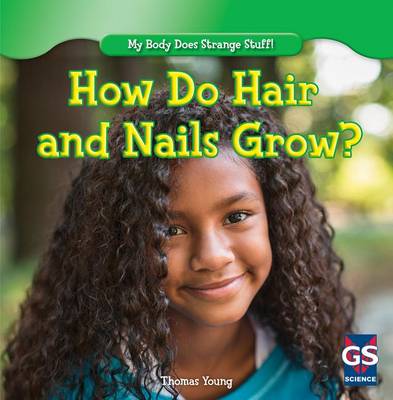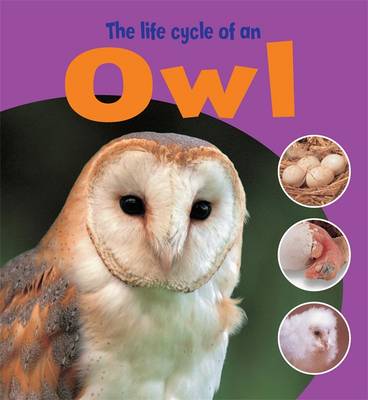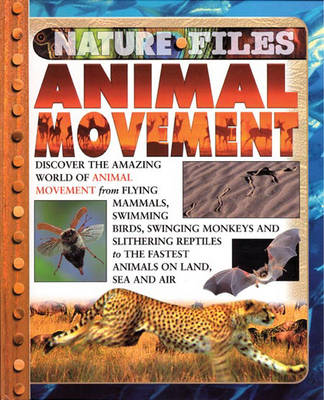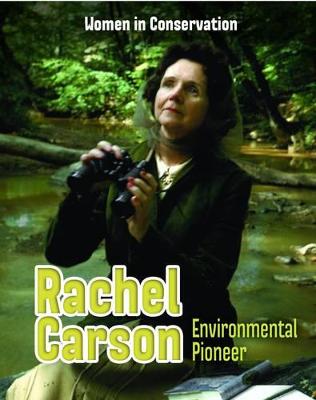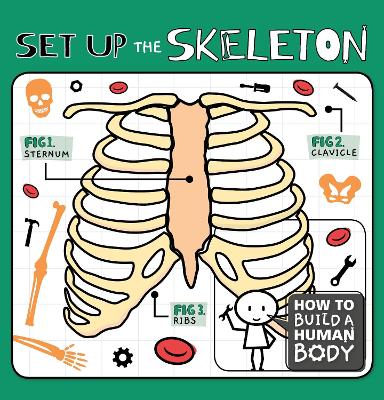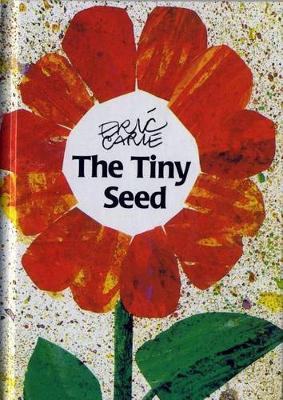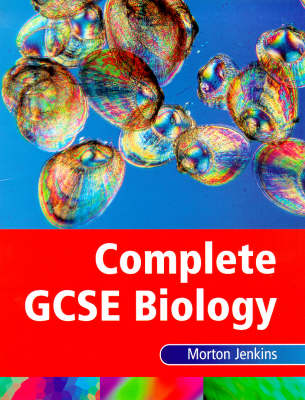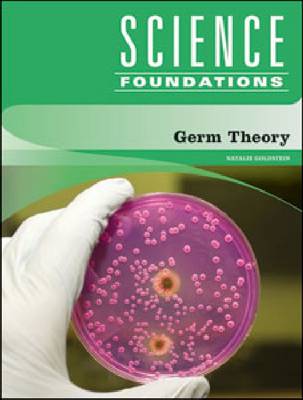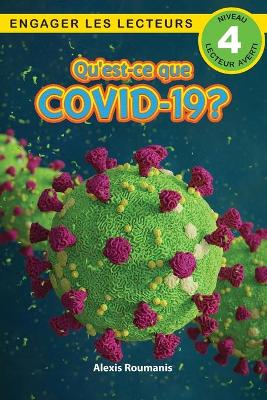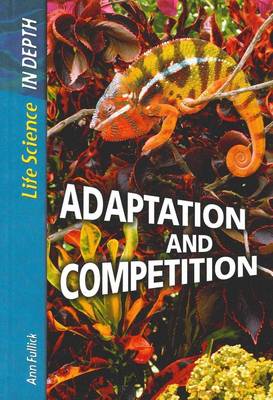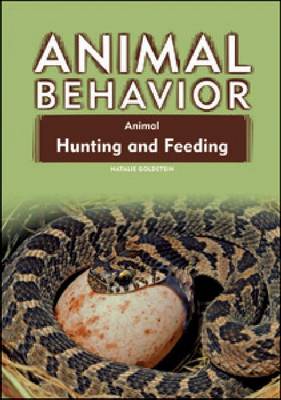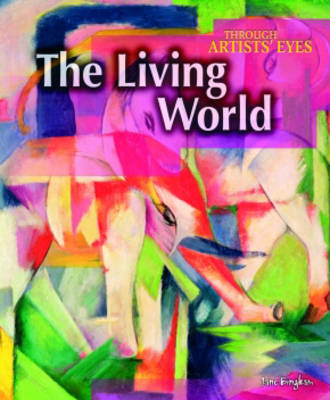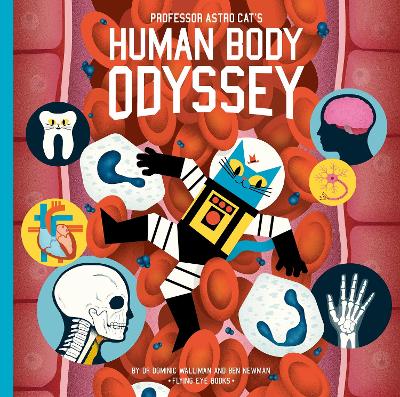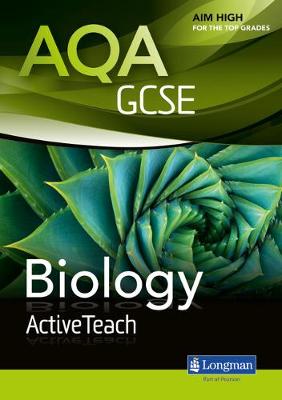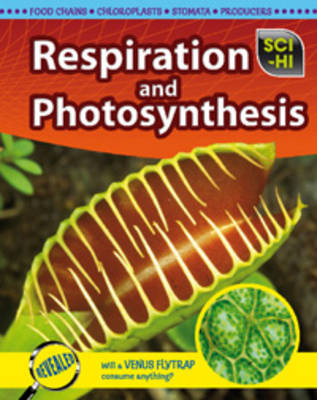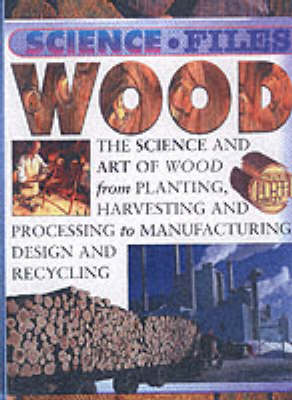There are many different types of bees. Bees can be different shapes and sizes. Find out all about bees in this exciting series.
Dive into a world of gross facts and discover the secret science of everything icky and sticky. This irresistibly disgusting book for children will teach you all you need to know about all kinds of animal and human waste and goo – what it’s for, how it’s made, where it goes, and lots more. Did you know that the global population produces more than a million tons of poo every day? Or that the ancient Egyptians used animal excrement in their medicine? That sea cucumbers can vomit their sticky...
Darwin's Rival: Alfred Russel Wallace and the Search for Evolution (Walker Studio)
by Christiane Dorion
Follow Victorian naturalist and explorer Alfred Russel Wallace on his intrepid journeys across the globe and find out how he developed his own theory of evolution in this beautiful illustrated gift hardback.In 1858, Alfred Russel Wallace’s travels in the Amazon Basin and Malay Archipelago led him to discover natural selection independently of Charles Darwin. Darwin's Rival traces Wallace’s life from his childhood in the Welsh countryside to his rise to prominence among the scientific community,...
Plants and Animals (Project Science) (Science Discovery S.)
by Alan Ward
A collection of natural history projects, including such topics as garden birds, seeds, and nature trails.
English Sheepdogs (Checkerboard Animal Library: Dogs)
by Stuart A Kallen
Ants are tiny creatures, but they are very strong! There are thousands of different types of ants. Find out all about them in this exciting title.
How Do Hair and Nails Grow? (My Body Does Strange Stuff!, #2) (My Body Does Strange Stuff! (Gareth Stevens))
by Thomas Young
This book looks at the life cycle of a tree, from a tiny acorn to a mighty oak tree.
Nature Files aims to explain the enoders of the animal world. Stunning photographs and clear, explicit diagrams provide a comprehensive introduction to nature, and an invaluable resource for projects in science and geography. These titles are a useful aid for pupils studying areas of the curriculum involving science, geography and environmental topics.
Rachel Carson (Women in Conservation) (Infosearch: Women in Conservation)
by Lori Hile
This book takes an engaging look at the work of ground-breaking conservationist, Sylvia Earle, and her work to prtect oceans and ocean life. It covers Earle's inspiration, her methods, findings, and the impact of her work.
Meet the Body Builders Ian Struction and his team of Body Builders are here to show you how to build the most amazing machine ever - the human body Roll out the blueprints and grab a spanner - this step-by-step guide will show you what you need how it all fits together and how to keep your body running smoothly. Includes Diagrams Assembly instructions Diet exercise tips Activities|Meet the Body Builders Ian Struction and his team of Body Builders are here to show you how to build the most amazin...
Bug Books Pack E of 2
Key Stage 1 work on life processes should be related to pupils' knowledge of animals in the local environment. Children should understand that animals move, feed, grow, use their senses and reproduce; that living things can be grouped according to observable similarities and differences; and that there are different kinds of animals in the local environment. This look at tarantulas and black widows focus on minibeasts. They cover size, appearance, birth and reproduction, growth, feeding, predato...
Acorn books provide carefully levelled non-fiction to introduce key curriculum concepts. This series introduces minibeasts by looking at their different life processes. Includes notes for parents and teachers.
The Tiny Seed (World of Eric Carle) (Classic Board Book)
by Eric Carle
A simple description of a flowering plant's life cycle through the seasons.
Aimed primarily at students working at level C-A* in KS4 Science, this text covers all the topics common to Double Award Science and separate Biology for five of the major examination boards: London, MEG, SEG, NEAB and WJEC. The book is divided into three main colour-coded sections: Life Processes, The Continuity of Life, and Organisms and Their Environment. The sections are further subdivided into chapters, each of which begins with a learning objectives box, outlining the main topic areas to b...
Germ Theory
Since humankind's earliest days, the rise of civilization led to a huge increase in the number and types of diseases that afflict the human population. Early prevailing theories about the causes of and cures for disease included superstitious beliefs, the application of herbal remedies, and the well-meant but ultimately misguided humoral theory of disease - a concept that persisted into the 19th century. Presenting a comprehensive history of the development of the germ theory of disease, ""Germ...
Qu'est-ce que le COVID-19? Niveau de lecture 4 (Cycle 4)
by Alexis Roumanis
Adaptation and Competition Paperback (Life Science in Depth)
by Andrew Solway
This series provides broad coverage of the Life Processes curriculum for Key Stage 3 Science. Each title presents detailed information on the main concepts and theories of each subject area. In addition, the books stress the key features of science at this level - scientific enquiry, use of ideas and evidence, planning, evaluation and investigation. It includes easy to understand information books for use alongside difficult textbooks; contains information on the most recent developments and lik...
Animal Hunting and Feeding (Animal Behavior) (Animal Behavior (Chelsea House))
by Natalie Goldstein
All animals have to eat, but feeding behavior goes far beyond predators and prey. Animals have a variety of ways to find food. Some sit and wait for food to come to them. Others chase or trap their food. Other animals are scavengers and decomposers, breaking down the leftovers of other animals' meals. ""Animal Hunting and Feeding"" explains these various techniques as well as the importance of food chains and food webs.
Through Artist's Eyes: The Living World (Through Artists' Eyes)
by Jane Bingham
This fascinating series explores the interpretation of universal themes such as war, science and love by artists throughout history, and from a variety of cultures and backgrounds. Providing an interesting insight into the artist's world, this series offers another viewpoint on the world around us and the development of different cultures. This work: explores and contrasts the characteristics of artworks in various eras and cultures; covers a wide range of media including photography, historical...
Professor Astro Cat's Human Body Odyssey (Professor Astro Cat, #3)
by Dominic Walliman
Are our ears supposed to be a weird shape? Why do we sneeze? What is the point in having skin? The human body is one of the most complicated things in the Universe. Join Professor Astro Cat and the whole gang as they journey through all the wondrous parts of the human body, with the help of writer Dominic Walliman himself! From head to toe and everywhere in-between, there's nothing left out of this fascinating human body odyssey!
AQA GCSE Biology ActiveTeach Pack with CDROM (AQA GCSE Science 2011)
by Nigel English
Hundreds of interactive resources, including videos, animations and activities,to supplement your lessons. Packed with a bank of captivating BBC Active video clips to help bring your lessons to life. GradeStudio sections with additional graded questions help prepare students for the longer-answer questions. Digital version of the Student Book with tools that allow you to annotate, zoom in, highlight, add notes and save your work. Ability to add your own resources and create y...
Respiration and Photosynthesis (Sci-Hi) (Sci-Hi: Life Science)
by Donna Latham
How do plants help you breathe? Why are fungi and bacteria important? Do plants have “lungs”? The visually stimulating 'Sci-Hi' books take learning science core curriculum to a whole new exciting level. Each title explores an area of life, physical, or earth science in a way that is both engaging and comprehensive.
A study of wood, examining where it comes from, and how it is extracted, purified, designed, manufactured and recycled. It explores the properties of wood and the technologies used to shape it into products used in everyday life. The volume includes photographs, illustrations and detailed technical artwork; technology boxes showing the steps in a particular manufacturing process; historical facts explaining how processes were done in the past; and "Into the Future" sections which look at what ad...
